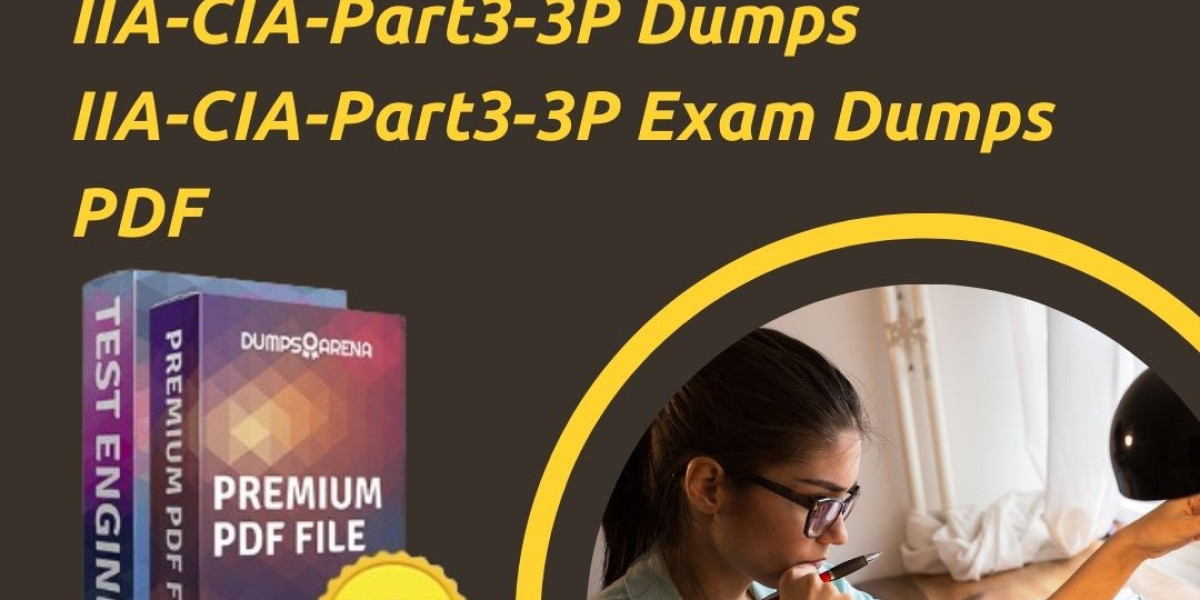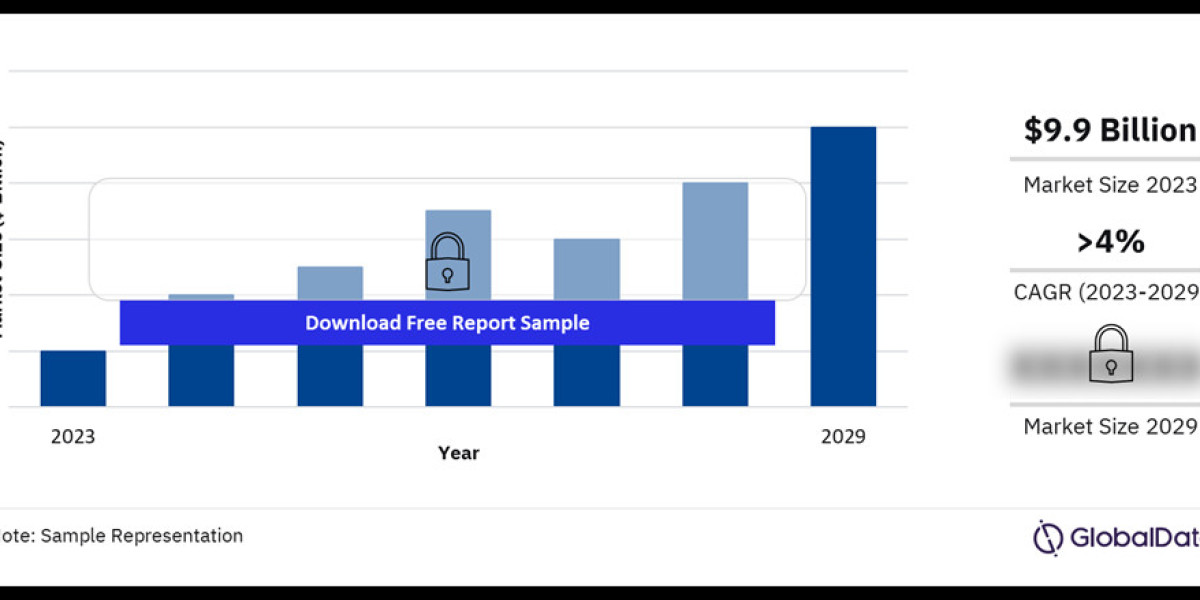Key concepts to study:
- Risk identification and assessment techniques
- Risk management frameworks, such as COSO and ISO 31000
- The role of internal auditors in risk management
- Risk mitigation strategies
3. Financial Management
Internal auditors must understand financial management principles to evaluate an organization’s financial health. This section of the exam covers financial statements, budgeting, financial analysis, and performance measurement. It’s crucial to be able to IIA-CIA-Part3-3P Exam Dumps analyze financial data to identify discrepancies, fraud, or inefficiencies.
Key concepts to study:
- Financial statement analysis
- Key performance indicators (KPIs)
- Cost management and budgeting
- Fraud detection and prevention
4. Technology and Information Systems
In today’s digital world, technology plays a significant role in business operations. As an internal auditor, you’ll need to be familiar with information systems, cybersecurity IIA-CIA-Part3-3P Dumps risks, and data analytics. This section of the exam will test your understanding of how technology impacts business processes and how internal auditors can use technology to enhance their audits.
Key concepts to study:
- Information systems and technology frameworks
- Cybersecurity risks and controls
- Data analytics for auditing
- IT governance and controls
5. Business Processes and Internal Controls
This topic examines the relationship between business processes and internal controls, focusing on how organizations design and implement controls to safeguard assets, ensure accuracy, and promote efficiency. Understanding business processes and controls will allow you to evaluate how well an organization IIA-CIA-Part3-3P Exam Dumps PDFmanages risks and achieves its objectives.
Key concepts to study:
- Internal control frameworks (e.g., COSO)
- Business process mapping and documentation
- Control activities and testing
- Operational audits and compliance
6. Global Business Environment
The global business environment impacts how organizations operate across borders, and internal auditors must be aware of the economic, political, and regulatory factors that influence their clients. This section will test your ability to understand global risks and how they affect an organization’s internal control systems.
Key concepts to study:
- Global economic factors
- Political risks and international regulations
- Cross-border internal auditing challenges
- International auditing standards
CLICK HERE FOR MORE INFO: https://dumpsarena.com/iia-dumps/iia-cia-part3-3p/









